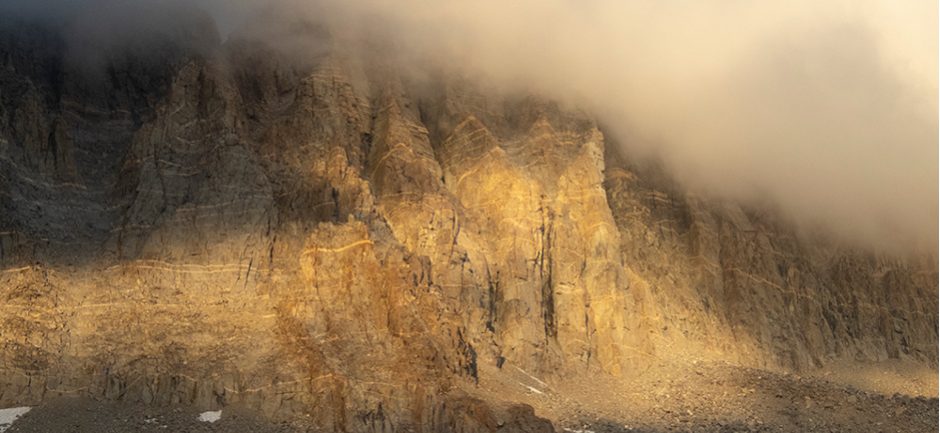Some in the United States are proposing entering another civil war. And spending taxpayer dollars to kill and destroy with very little likelihood of making the world a better place. Following the money shows that most of those in Congress voting for war have received significant sums from arms manufacturers. This is an industry I\’d rather not support. Given the lousy record of armed intervention, it\’s time to try something different. Matthew 25:34-40 seems like a good start:
Then the king will say to those at his right hand, ‘Come, you that are blessed by my Father, inherit the kingdom prepared for you from the foundation of the world; for I was hungry and you gave me food, I was thirsty and you gave me something to drink, I was a stranger and you welcomed me, I was naked and you gave me clothing, I was sick and you took care of me, I was in prison and you visited me.’ Then the righteous will answer him, ‘Lord, when was it that we saw you hungry and gave you food, or thirsty and gave you something to drink? And when was it that we saw you a stranger and welcomed you, or naked and gave you clothing? And when was it that we saw you sick or in prison and visited you?’ And the king will answer them, ‘Truly I tell you, just as you did it to one of the least of these who are members of my family, you did it to me.
I\’ve written a letter to the President and my representatives in Congress about what I\’d like to see happen. I\’ve included the text below. You are welcome to use it as is, improve it, or put the ideas into your own words. The arms manufacturers are making their voices heard in Washington. You can do the same.
Dear President Obama,
I agree we must not stand by while the war in Syria rages. As brutal as the Assad regime is, the use of chemical warfare by the rebels erases any legitimacy they might have. So we should aid the non-combatants without supplying arms or air cover for the combatants. Adding another combatant to this already multi-sided war will not help the non-combatants. I am doubtful that chemical weapons can safely be destroyed without “boots on the ground” or unacceptably massive amounts of explosives, e.g. fuel-air bombs. Even with “boots on the ground” the collateral damage from “surgical strikes” and drone attacks have not lived up to the promises. And the ill will created by the deaths of non-combatants hurts our cause more than the correct targeting helps.
Counter-insurgency is hard, very hard, as history has shown. I was born during the Korean War and grew up during the Vietnam War. It seems my whole life the US has been intervening in civil wars, to little effect. Most of them are still going on, usually with some form of US presence. Only Vietnam where the US forces finally withdrew seems to have found some kind of peace.
In some ways, Syria is even worse. It is a civil, religious, and ethnic war with more than two sides. Syria may officially be a nation-state, but it is not a people. In a religious war, the other side is by definition, heretics and almost any method can be used to wipe them out. Genocide, not just domination, is the goal.
To intervene will be expensive in lives and money. And it is doubtful that we will fare any better this time than previously in Iraq, Afghanistan, Bosnia, Korea, etc.
So what can be done? The only “good guys” seem to be the non-combatants. So how can we support them? By making it easier to get out of the war zone. Refugees are already fleeing into Turkey and other neighboring countries. The estimated $200 million for the initial military foray would go a long ways towards feeding, clothing, and housing refugees. And to make the situation of the refugees not just tolerable, but actually make it a plus, I suggest adding educating to the above list. West Germany spent the time and money to bring the East Germans up to speed. East Germans are now a plus to their economy, not a drag. I’m told Mennonite missionaries have taught war refugees in Central America improved agricultural methods. With literacy and vocational training, the refugees will be welcome whether they return to Syria or emigrate. What would have been a time of suffering for the refuges could be turned into a chance at a better life than what they fled.
The old way of war does not work in civil wars, religious wars, and insurgencies, especially where one or more sides are not uniformed. Let’s try something new. In hard times, fanatics find it easy to recruit fighters and suicide bombers. When times are good, they find it a lot harder to gain a foothold. Let’s do something to bring good times to the developing world, starting with Syria.
